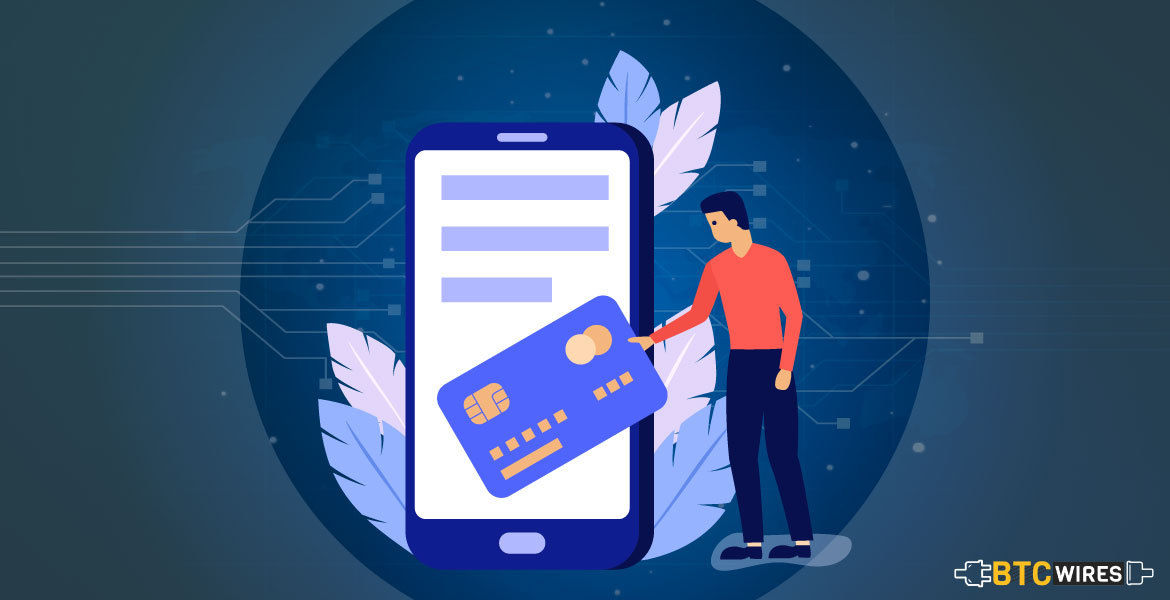Enterprises throughout the world are adopting blockchain technology as an

Enterprises throughout the world are adopting blockchain technology as an approach to gain competitive advantage, since it offers several advantages to enterprise systems.
Recently, Coinbase announced that consumers can make instant withdrawals via PayPal. But payments are not the only use case that ledger technology is unearthing for enterprises.
There are companies like Amazon, SAP and HP Enterprise, that have rolled out blockchain platforms to allow customers to do just about anything.
Big scale companies’ current interest in blockchain is a promising indication of its role in future enterprise technology. But, what exactly does this mean for the businesses today?
Blockchain is essentially a new form of digital trust. More than that it is a solution to social trust which removes the need for centralized institutions such as governments, banks, medical facilities, etc. for recording and verifying transactions.
Ultimately, this technology depends on modern digital processes that use cryptographic proof to validate the transactions, making 3rd party encryption and security completely unnecessary.
By discussing the impact of what this New Cloud system which we may refer to as “Cloud 1.0 vs Cloud 2.0.” With this, we can easily check how blockchain already impacts a few big corporations and how they have evolved their approach to using blockchain for building social trust.
In the current Cloud 1.0 era, companies like Google, Amazon, Apple and Facebook oversee data transmission and keep records on their servers.
With Cloud 2.0, some of the burden of trust shifts. The blockchain reclaims proof of trust and allows users to reassign the data management role to a decentralized network that is guided by immutable and autonomous code.
With blockchain, software becomes more efficient and secure. Maybe with Cloud 2.0 and blockchain, software becomes even more prescriptive.
For instance, rather than trusting Apple or Google to manage and monitor access to their data, consumers can rather trust that the blockchain ledger will provide a reliable record of what particular data is shared with which specific people.
That is the crucial piece of how blockchain will help new cloud iterations in becoming more bulletproof in the form of recording data transactions.
